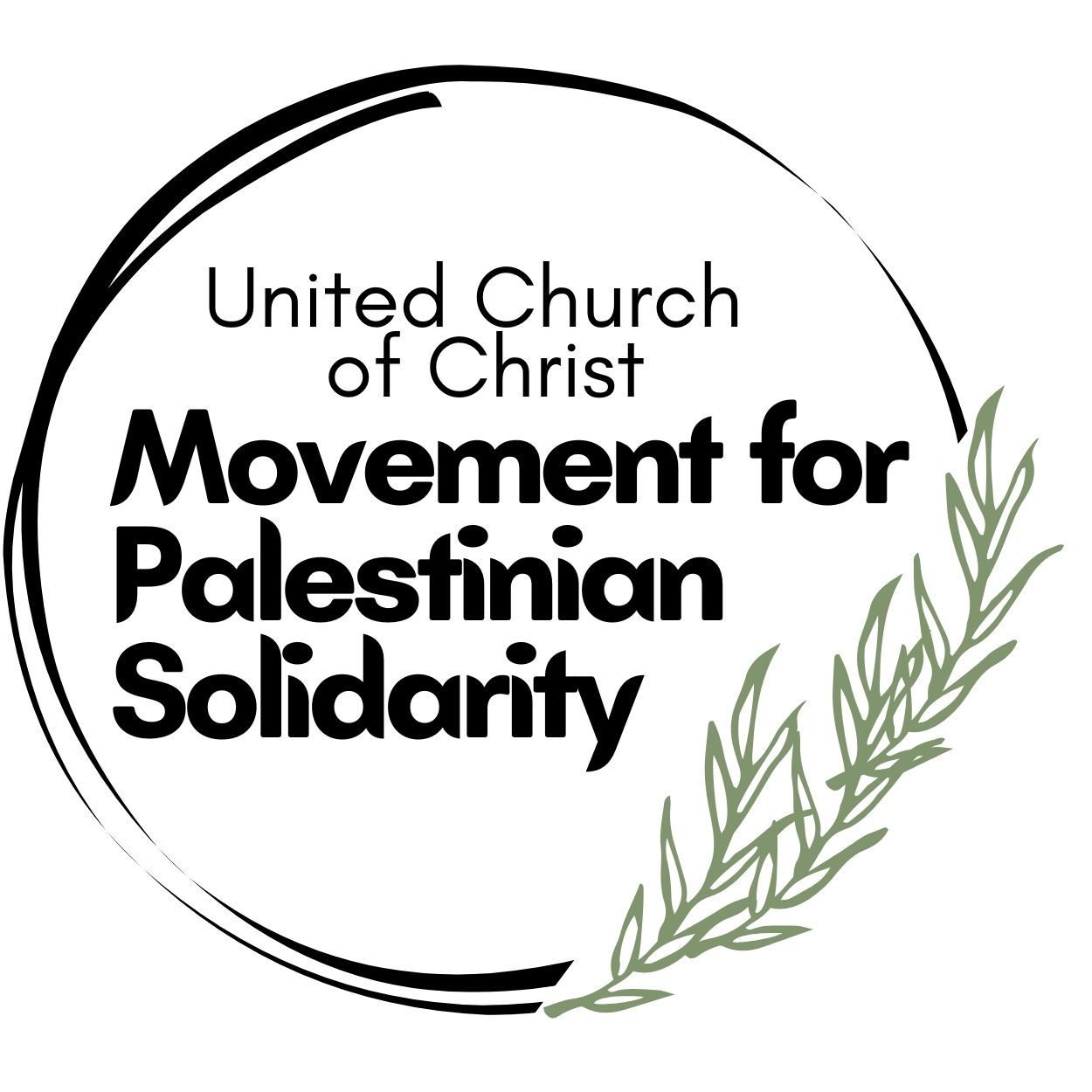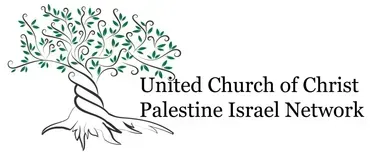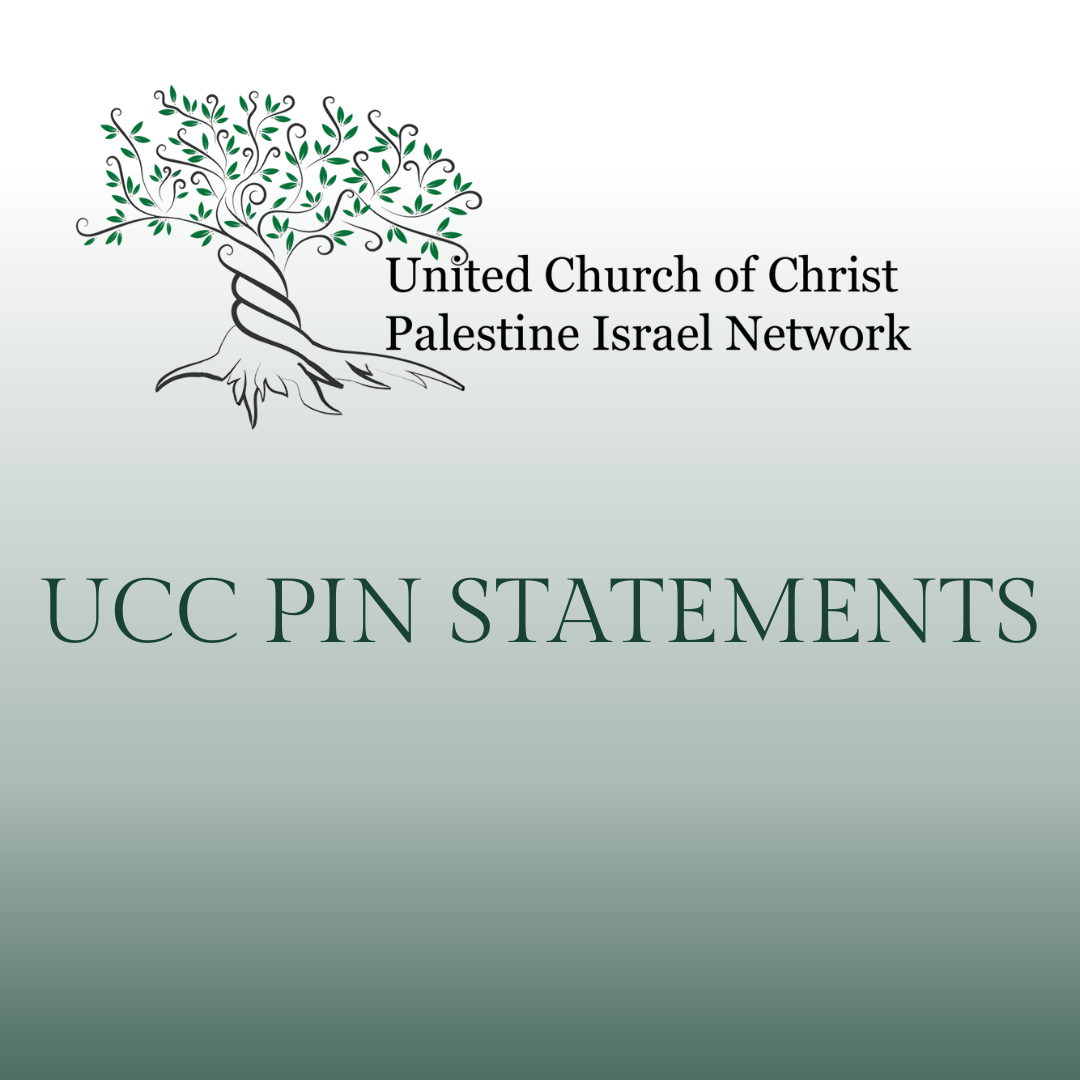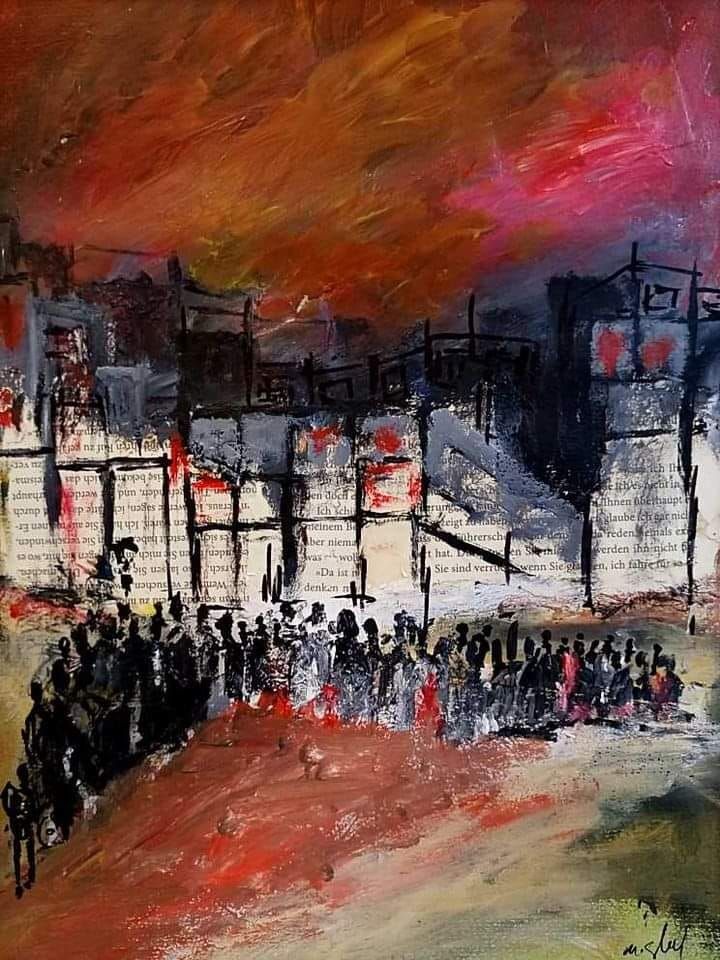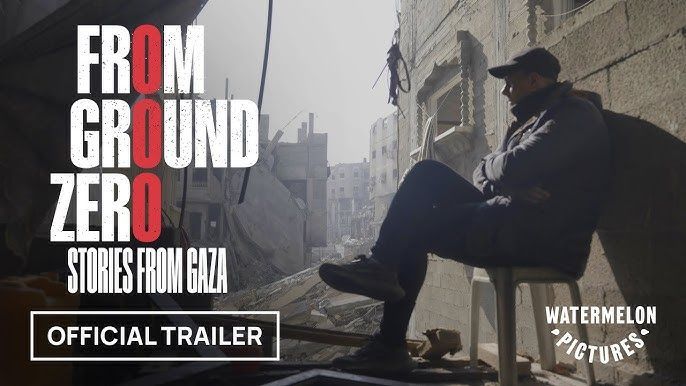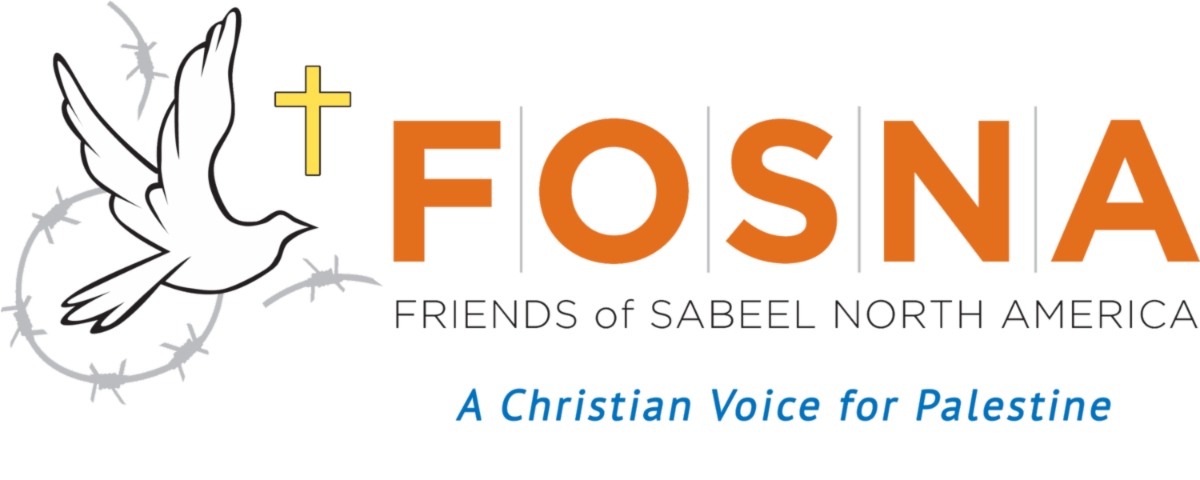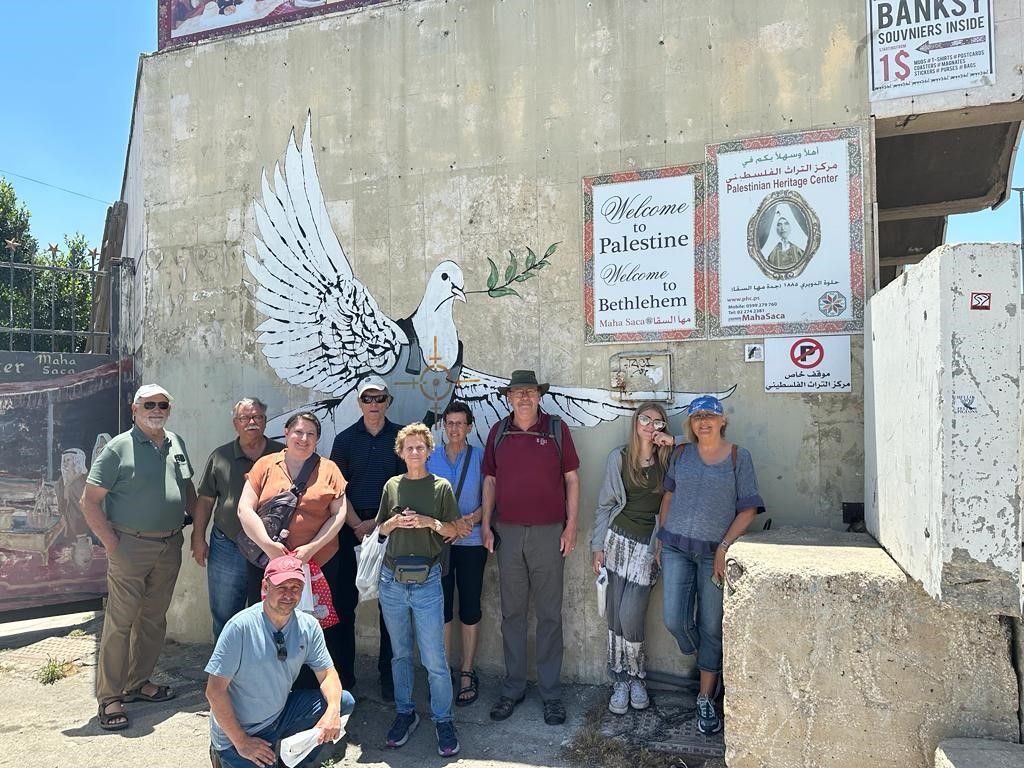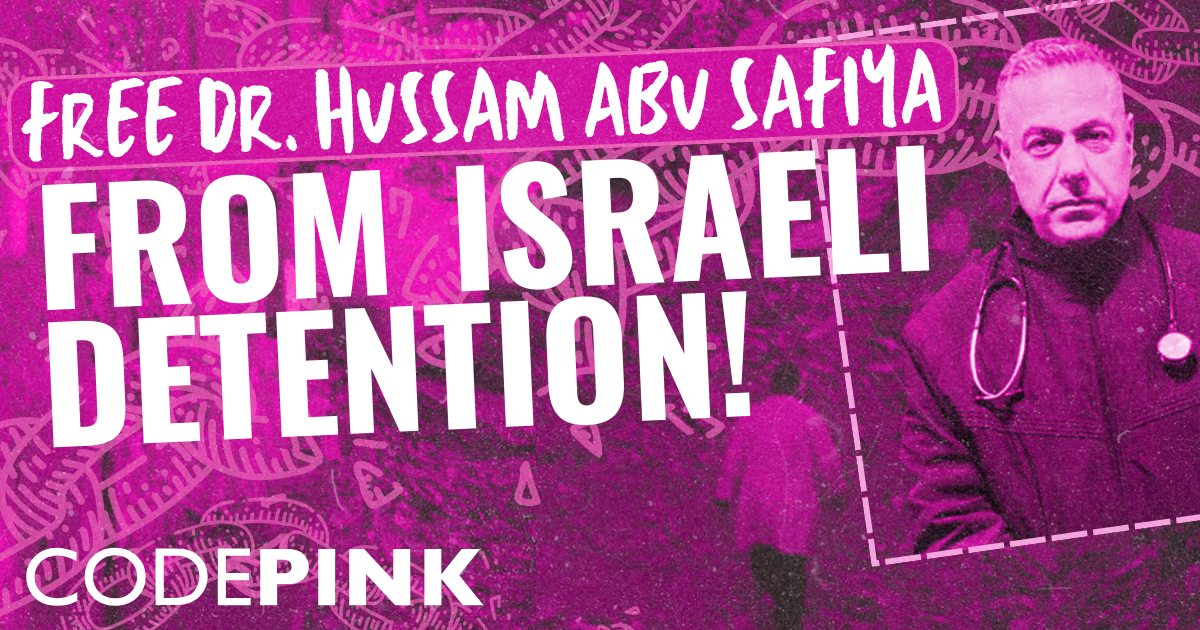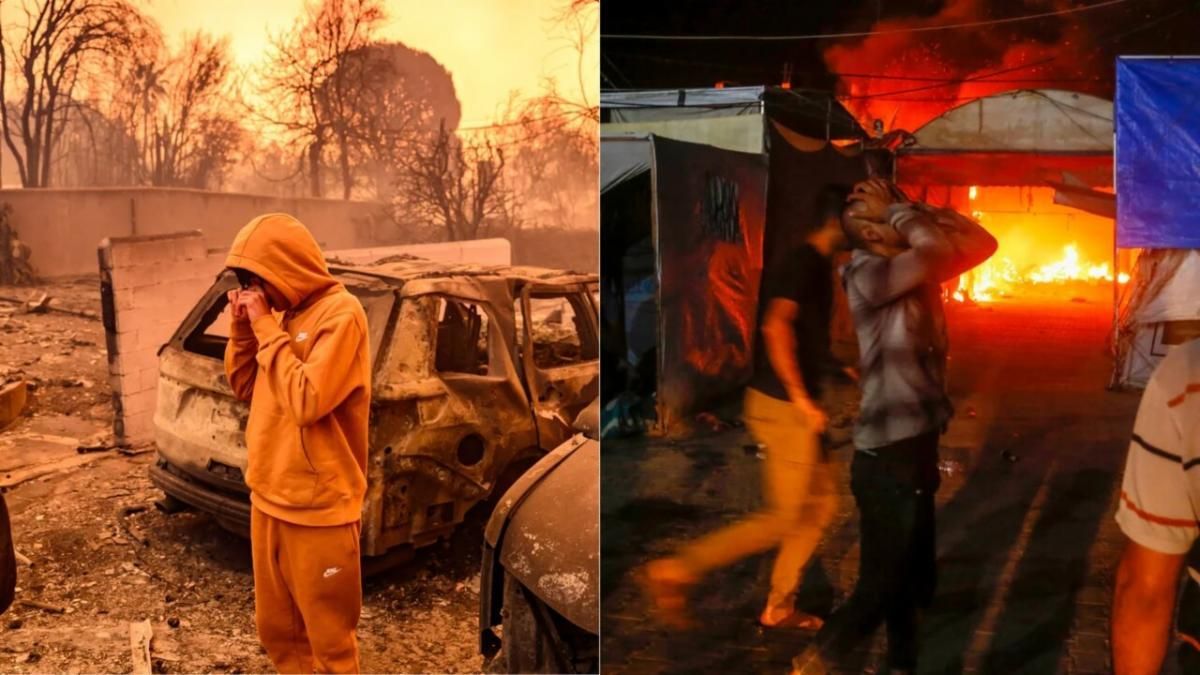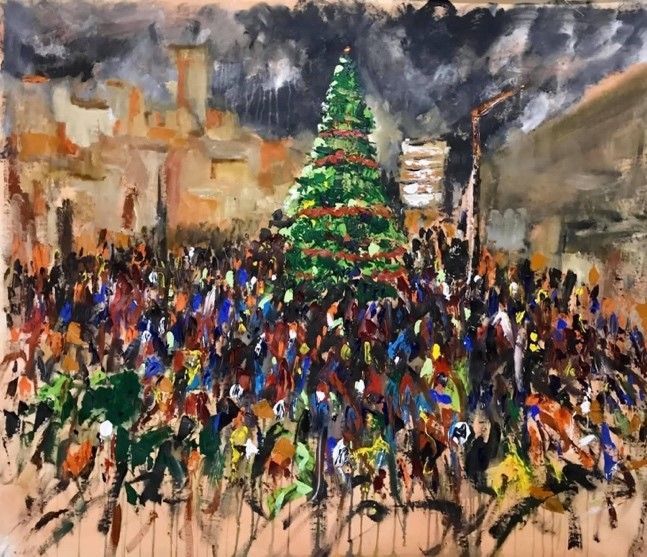A Time to Repent, Speak Out, Act
a Reflection by the Rev. Allie Perry,
UCC PIN Steering Committee
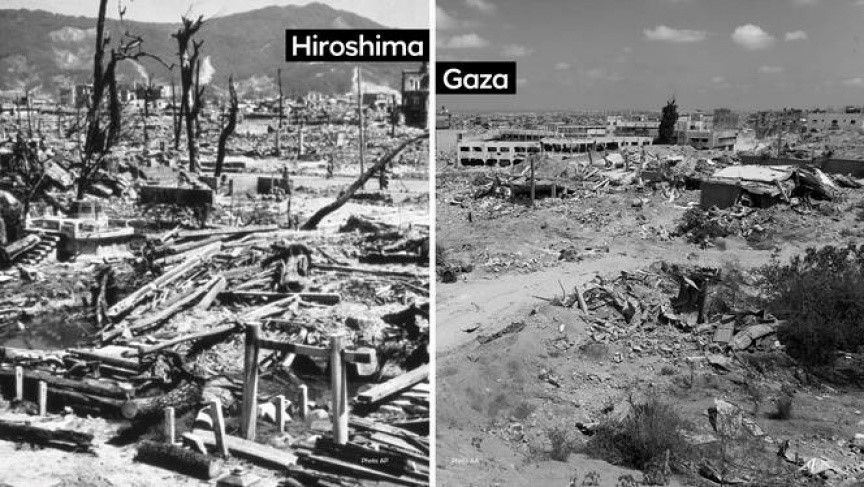
This past March I had a conversation with my Congresswoman, Rosa DeLauro, in her DC office. She had just led a Congressional delegation to Israel and Palestine. On their return, she and her colleagues issued a statement asserting that Netanyahu had “demonstrated an utter disregard for Palestinian life.” With fervor she said to me that Netanyahu had to go. “Yes,” I said, “but the problem is much bigger than Netanyahu. Israel’s history of occupation goes back decades. We have to look at that.” “No, we have to go forward,” she fired back at me.
Of course, as we well know, there is no going forward in a healing, hopeful, healthy way without understanding and truthfully naming the harms and violations of the past. The one-year anniversary since the October 7, 2023 Hamas attack on Israel and Israel’s sustained and escalating genocidal response has occasioned much retrospective analysis. This month’s Breaking the Stories offers a selection of such articles, including Palestinian perspectives. Looking backward also invites us, however, to go deeper than analysis. It invites, indeed requires, honest self-reflection, a process of profoundly personal repentance and atonement, a kind of examination of conscience.
The timing this year of Yom Kippur coming only a few days after October 7, informed the reflections of many, perhaps most, Jewish colleagues. Two in particular -- journalist and political analyst Peter Beinart and Rabbi Brian Walt, active with Rabbis for Ceasefire -- have shared their reflections publicly, offering what I find to be compelling examples of, and guidance for, the process of repentance.
Peter expresses his “tremendous sense of guilt” (see his “Atoning for the Past” in Recent Podcasts below) for not having reached out enough to Israeli Jewish friends after Oct. 7 and for not doing enough for the release of the hostages. He expresses another kind of “shame” for not having risked more personally in defense of the humanity of all and especially the humanity of Palestinians. It is a “grave sin,” he asserts, “to create a hierarchy,” to treat “Palestinians as lesser human beings.” Our basic humanity and freedom are not negotiable; they are “gifts from God.”
Brian evokes Rabbi Abraham Joshua Heschel who during the Vietnam war prayed through his protesting, haunted as he was by images of children burning from napalm. This Yom Kippur, as Brian writes, “I see the horrifying photos of Israeli and Palestinian children, women and men, who have been killed over the past year. The images of the dead . . . haunt me and I feel called to pray through protest as Rabbi Heschel did.”
Brian goes on to confess his complicity “in Israel’s war as both a rabbi and an American.” For Brian repentance requires more than “praying for change.” It requires “bold action” to end injustice and, in the words of Heschel, “to overthrow and to ruin the pyramids of callousness, hatred, opportunism, falsehoods.” It requires protest. (Go
here to read Brian's full reflection.)
The reality that Brian names for himself applies to all of us. “All Americans,” he writes, “are implicated in today’s atrocities. . . As Americans, we must face the truth of our complicity with this horror.” I feel that complicity as a heavy burden and responsibility; I know we all do. We are citizens of a country that has a shameful and painful history of being the “greatest purveyor of violence in the world,” as Martin Luther King, Jr. observed in his 1967 “Beyond Vietnam” speech at Riverside Church.
Long before the current atrocities in Gaza, the West Bank, and now Lebanon as well, with tens and tens of thousands of Palestinian citizens killed, with U.S.-made and supplied munitions, the U.S. government was responsible for the tens and tens of thousands of innocents killed in Hiroshima and Nagasaki, in Vietnam, in Iraq and Afghanistan. War is never the answer, and yet our own government continues to choose, fund, and arm it. As U.S. citizens and as Christians, followers of the Prince of Peace, we must, as Brian writes, “face the truth of our complicity,” and engage in repentance.
While Christianity does not have an annual ritual for repentance like Judaism’s Yom Kippur, we do have All Souls/All Saints. This year might we, either in community or individually, observe All Souls/All Saints facing not just the truth but also the cost of our complicity and remembering those harmed? One resource for doing that is a sobering 59 minute Al Jazeera video of the names of those killed in Gaza, set to music and scrolling by age. Another resource is the poetry of Gazan writers; for one example, listen to Mosab Abu Toha recite his poem, “A Hand is No Longer a Hand.” Also Christians for a Free Palestine is holding an online All Saints’ Solidarity Service, Nov. 1, at 8 pm ET. Register here to attend.
Let our practice of repentance be one of persistent prayer through protest. And may our every prayer become embodied through the kinds of actions that Brian urges in his reflection and those that Kairos Palestine calls for in their October 7 statement (see following article). One action to take right away? Contact your senators. Tell them to stop arming Israel and to co-sponsor Bernie Sanders’ Joint Resolutions of Disapproval, calling for the suspension of U.S. offensive weapons (for details see article below). Another action to take right away? Tell Congress here to support an arms embargo and support humanitarian access now.
Now is the time to end U.S. complicity, and our own. Now is the time to repent, speak out, and act.
Here is a section of the UCCPIN October 2024 E-Newsletter. To read the entire newsletter, follow this link:
UCC PIN October 2024 E-News.
